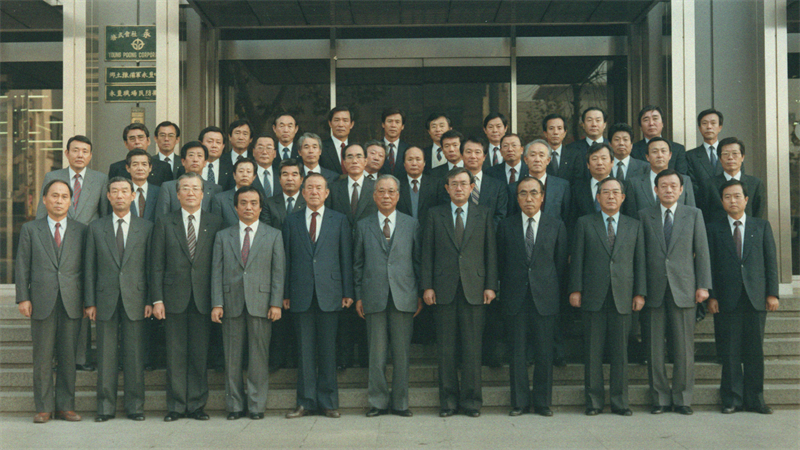Young Poong, a major player in the metallurgy and PCB sectors, has reported its worst financial performance to date, with a record net loss of 263 billion KRW (approximately 140 million USD or 1 billion RMB) last year. The company has struggled to maintain competitiveness in its key businesses, including smelting operations and the printed circuit board (PCB) segment, leading to a serious decline in profitability. Additionally, the scheduled shutdown of the Seokpo Smelter, one of its key facilities, has exacerbated the company's woes.
According to the latest data from the Financial Supervisory Service, Young Poong's consolidated sales for the year totaled 2.78 trillion KRW (approximately 1.93 billion USD or 14 billion RMB) , with an operating loss of 162 billion KRW and a net loss of 263 billion KRW. Despite a slight reduction in operating losses compared to the previous year, sales fell by 25.95%, and the net loss more than tripled.
The company has attributed the poor performance to a combination of factors, including severe accidents and environmental violations that led to a significant reduction in the Seokpo Smelter's operating rate. As of the third quarter of 2024, its output had dropped to just 50%. Additionally, Korea Circuit (KRX: 007810), a subsidiary specializing in PCBs, recorded a 121 billion KRW (approximately 84 million USD or 600 million RMB) impairment loss on tangible assets, further worsening the company's financial results.
This marks the first time in Young Poong's history that it has reported a net loss exceeding 260 billion KRW in a single year. While the company pointed to worsening financials across its subsidiaries as the primary cause of the loss, analysts note that the company's ongoing focus on hostile mergers and acquisitions (M&A), particularly its bid for Korea Zinc, has diverted attention from addressing internal operational inefficiencies.
The Seokpo Smelter is set to suspend operations for 58 days from February 26 to April 25 due to violations of environmental laws, putting further pressure on the company's ability to recover. Critics argue that Young Poong's management has prioritized M&A activity over the need to strengthen its core business operations and improve profitability.
Investor dissatisfaction has been growing, with shareholder groups, including activist funds, calling for more significant steps toward improving operational competitiveness and enhancing shareholder value. Must Asset Management, for example, has issued two public letters proposing measures such as stock buybacks, capital reduction, and recommendations for independent director candidates.

Despite these calls, Young Poong has yet to take clear action. The company has responded to buyback requests with dividend distributions, which many see as a superficial gesture. Furthermore, shareholder proposals for improved governance structures, such as introducing a cumulative voting system and dividend payouts, have largely been ignored.
Industry insiders suggest that Young Poong's financial troubles are unlikely to end with last year's poor performance. With the Seokpo Smelter's extended downtime, the company is expected to face further declines in production, revenue, and profitability, which could lead to even greater dissatisfaction among investors.
As the situation unfolds, it remains to be seen whether Young Poong will refocus on its core business and long-term sustainability, or continue to prioritize external acquisitions at the expense of internal improvements.
+86 191 9627 2716
+86 181 7379 0595
8:30 a.m. to 5:30 p.m., Monday to Friday
